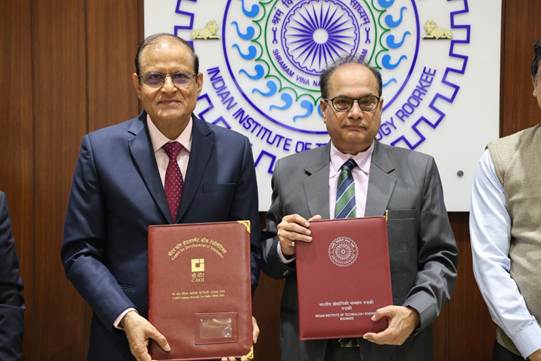TRAI mandates phase-wise adoption of ‘1600’ series calling numbers by BFSI institutions to curb fraud

The 1600-series, assigned by the Department of Telecommunications, is reserved exclusively for regulated BFSI and government entities.
New Delhi, November 20: The Telecom Regulatory Authority of India (TRAI) has issued a Direction setting firm deadlines for banks, stock market intermediaries and pension-sector entities to fully adopt the ‘1600’ numbering series for service and transactional calls. The move aims to strengthen consumer trust and reduce impersonation-based financial frauds.
The 1600-series, assigned by the Department of Telecommunications, is reserved exclusively for regulated BFSI and government entities. Once fully adopted, the series will allow citizens to instantly recognise legitimate calls from banks, NBFCs, mutual funds, pension fund managers and other financial institutions — distinguishing them from commercial or fraudulent callers.
TRAI said around 485 entities have already begun using the series, with more than 2,800 numbers allocated so far. The Authority noted that many regulated institutions still use standard 10-digit numbers for transactional calls, which increases the risk of spoofing. Based on consultations with regulators and telecom service providers, TRAI has now mandated a structured rollout schedule.
SEBI-regulated entities
– Mutual Funds and AMCs must adopt the 1600-series by February 15, 2026.
– Qualified Stockbrokers must adopt it by March 15, 2026.
– Other intermediaries may migrate voluntarily after verification.
RBI-regulated entities
– Commercial banks must onboard by January 1, 2026.
– Large NBFCs, Payments Banks and Small Finance Banks by February 1, 2026.
– Remaining NBFCs, Co-operative Banks, Regional Rural Banks and smaller entities by March 1, 2026.
PFRDA-regulated entities
– CRAs and Pension Fund Managers must adopt the 1600-series by February 15, 2026.
TRAI said discussions with IRDAI are ongoing to finalise timelines for insurance sector entities.
The regulator added that time-bound adoption will significantly reduce fraudulent calls made under the guise of trusted financial institutions, and ensure greater safety and transparency for consumers.








